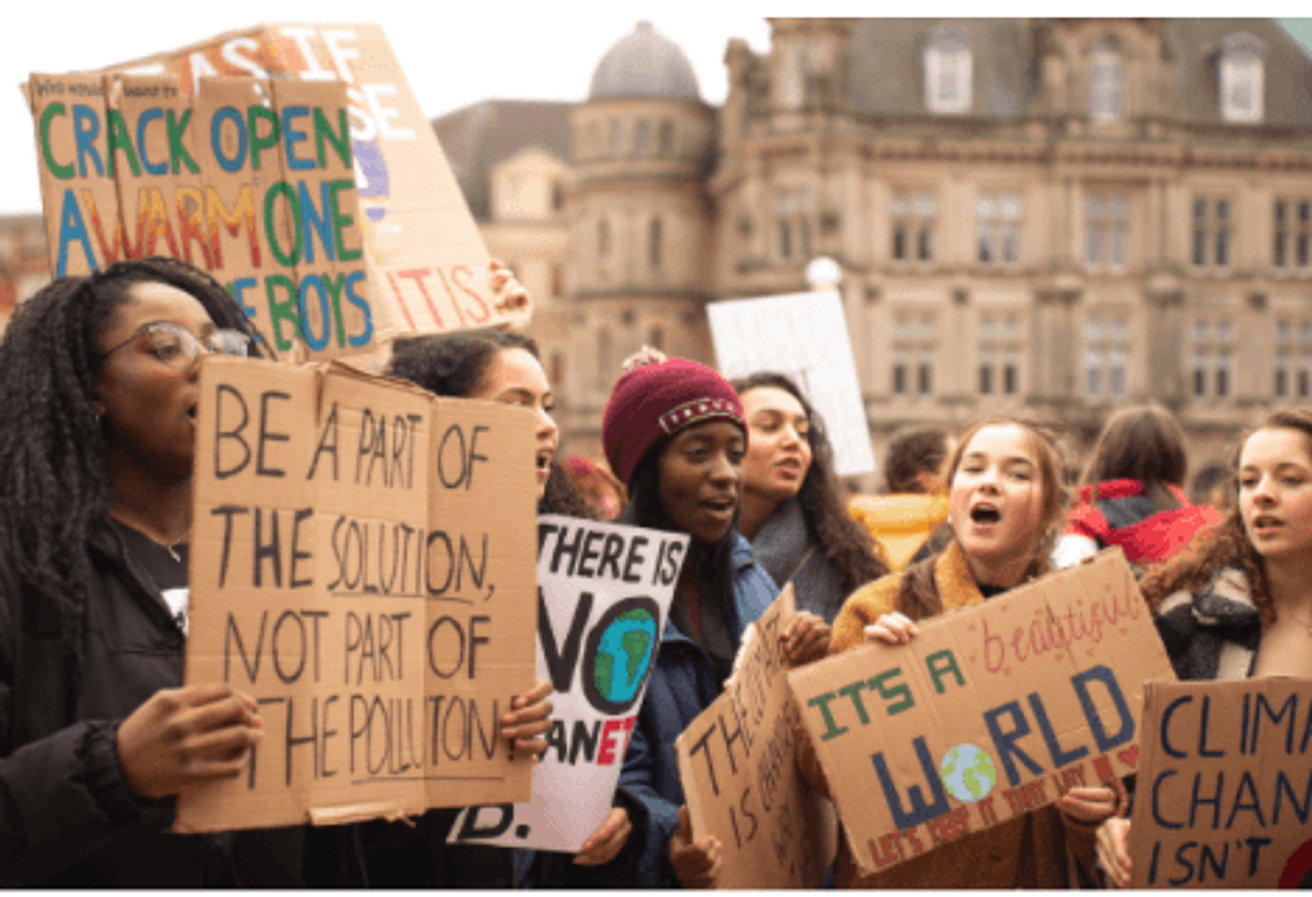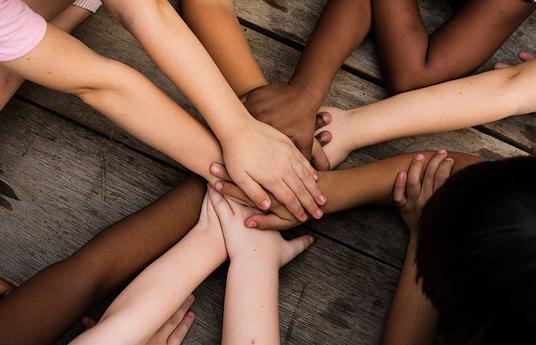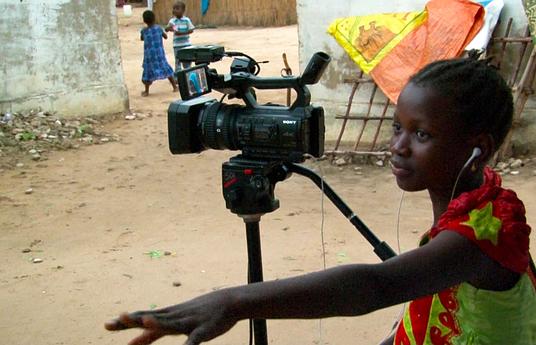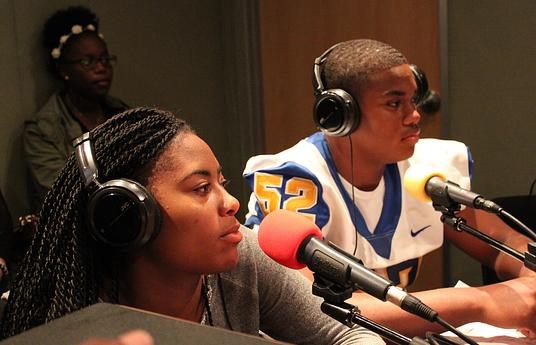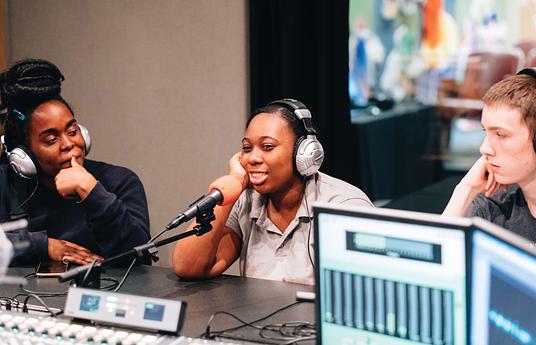In celebration of World Social Justice Day, we have released two articles, which look at innovations working to provide equal opportunities to all students, especially to those who have been denied basic rights and discriminated against. This Internationally recognized awareness day was created by The United Nations (UN) is dedicated to battling for the greater good by fighting poverty, unemployment, upholding human rights, and promoting Gender Equality.
In challenging and often divisive times, we all have a role in bending the arc, to create a more just and equitable society. For educators seeking to support their students in becoming engaged and active citizens, there are many teaching strategies and approaches — poetry is a great place to start, leading to identity exploration, and preparing students for action.
Poetry for Social Justice and Student Voice
Poetry is a powerful vehicle for social change, communicating injustice and portraying the possibilities of a better world. For students, writing poetry offers an open exploration of themselves and the world around them, aiding in personal growth, agency, and self-awareness, while listening to and reading poetry can increase social awareness and serve as a call to action. Poetry, music, and spoken word can be a particularly impactful and accessible genre for young people to both express themselves and learn from others.
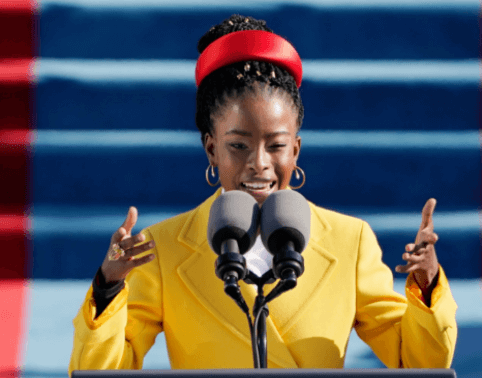
Composer believes that these skills can and should be taught as systematically as math and literacy, in order for young people to develop into engaged and active citizens. Through learning experiences called elements, and sequences of learning called strings, Composer the world’s one-stop platform for citizenship education curriculum, offers a free comprehensive library of over 1,000 elements from 35 content providers to teach civics, social justice, global competency, and social-emotional learning.
One example of an element that can be integrated into a larger learning sequence of a string is ADL’s element on Composer Social Justice Poetry. It is an exploration of poetry and songs addressing social justice, and an opportunity for students to use their own voices to express what issues and experiences matter to them. Students will analyze songs and poetry such as “Imagine” by John Lennon, “Glory” by John Legend, “I Dream a World” by Langston Hughes, and (recently added) “The Hill We Climb” by Amanda Gorman, define and reflect upon the meaning of justice, injustice and social movements, explore historical and contemporary social movements, and write their own poetry about social justice. Poetry and song have the capacity to move and inspire people to take on these important questions and actions.
Additional elements that address poetry’s capacity to articulate injustice and ignite social movements include Facing History and Ourselves’ element Memphis 1968: Dr. King’s Legacy and Choosing to Participate, examining Dr. King’s “mountaintop speech” and its impact. Music and the Movement by Learning for Justice and Music and Social Change by Facing History and Ourselves specifically explore music as a political tool, with lyrics as a form of poetry. Poet Against Prejudice by ByKids, offers three discussion options: Pathway 1, Pathway 2, and Pathway 3 is an opportunity for students to engage with a youth-made film, illustrating how 17-year-old Faiza uses poems and essays to challenge common misconceptions of Islamic culture.
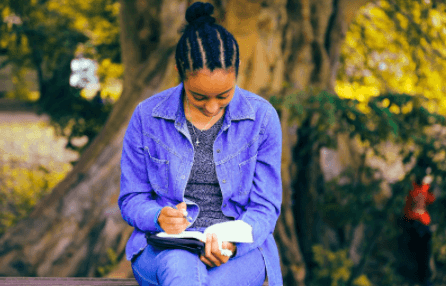
Poetry can also be an instrumental tool for exploration and expression of identity more broadly - a key component in becoming an engaged citizen. Support students in developing their voice and identity through poetry with the elements Using Poetry to Teach About Identity and How to Bring Spoken Word Poetry Into the Classroom by Facing History and Ourselves.
More Lessons for Identity Development, Bias, and Student Action
Beyond poetry, Composer offers free access to a collection of powerful learning experiences in social justice and civic engagement, consisting of discussion guides, simulations, films, projects, and more, designed to empower students in becoming thoughtful and engaged citizens.
Foundation to growing as an effective citizen, analyzing bias naturally builds upon self-exploration and reflection done through poetry. Composer helps students to recognize and address their own bias, others’ bias, institutions’ bias, and its impact on society through elements such as Everyday Bias by ADL, The Movies, The Academy Awards and Implicit Bias by ADL, Talking about Race and Racism by Learning for Justice, Unpacking Racism by High Resolves, and Microaggressions by High Resolves.
Also critical to preparing young people to be engaged citizens is understanding activism, Composer supports students in exploring methods of social activism, learning about past and current movements, and understanding nonviolent social change with Digital Activism Remixed by Learning for Justice, Black Lives Matter: From Hashtag to Movement by ADL, and Eyes on the Prize, a four-lesson unit by Facing History and Ourselves on nonviolent social change including the Philosophy of Nonviolence, Tactics of Nonviolence, Six Steps for Nonviolent Social Change, and Models of Civic Participation.
With a foundation in self-reflection, examining bias, and understanding social activism, students can pursue independent action-based projects, where they will have the opportunity to apply their voice, agency, and independent thinking skills. Elements such as Knowledge-to-Action by World Savvy, Creating Action Plans to Further Racial and/or Social Justice by Pollyanna, and Videos for Change Challenge by Videos for Change provide students with opportunities to identify, research, and create either a plan of action, or a short video to address a social issue they are passionate about, further developing and applying their skills, and creating impact as active and engaged citizens. Let’s Talk About Race: Racial Identity and Racism is another example of a string tackling the topic of Racial Justice.
Stringing Together Learning Experiences for Mastery
Research shows that learning is more likely to ‘stick’ when students have multiple opportunities to experience, practice, and apply new skills or knowledge. Composer distills insights from the field of learning science into different types of learning experiences (elements), including Peak Experiences, Repeated Practices, and Real World Applications, that can be combined into sequences of learning (strings) so that educators can more effectively help students build master. See an example of the string Let’s Talk about Race: Racial Identity and Racism to get you started and sign up for a FREE Composer account to access our library of content.
